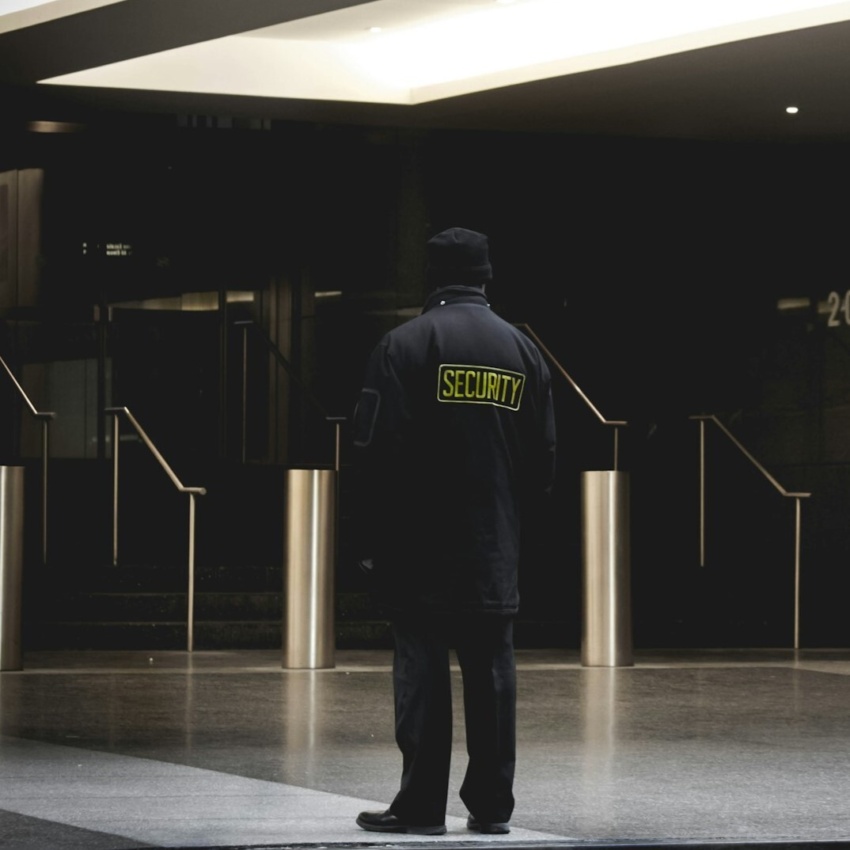Security considerations for event planners
History dictates that major events are often seen as legitimate targets by terrorists and protestors. Planners and event owners need to keep up to date with security all the time – not just when a threat or attack occurs.
As co-founder of Priavo Security and a past speaker at IMEX Frankfurt, Pete Murphy is perfectly placed to address this business-critical subject. He has over 20 years’ experience in the government and private security sectors providing security services to many corporations and large-scale live events.
We asked Pete to tell us more about how to approach event planning security with confidence.
How to approach planning event security
When security incidents are highlighted in the news, it often prompts increased appreciation of, and attention to, security risks. However, according to Murphy, "too many organisations are cutting corners and budgets on security".
Event organisers are having to think outside of their expertise and remit. Murphy recommends that event planners identify someone to champion security concerns within their organization and identify areas where there may be gaps.
Event security is a hidden cost where planners shouldn't cut corners
Security is considered by some to be a hidden cost. "This doesn’t make it any less vital but does drive managers to think there’s no harm in cutting corners” says Murphy.
We live in an elevated security climate in which event security challenges must be a key consideration for event planners. Elevated is today an understatement and it’s easy to underestimate the spread of threats.

Make time to identify a security champion within your business

Risk mitigation is essential to preventing cyber attacks
Real security threats facing businesses and events today
The world has witnessed many high profile ‘lone wolf’ attacks targeting crowds, events and public venues creating mass casualties in recent years. Murphy believes that this trend is here to stay, saying it’s highly probable we’ll see further similar attacks globally in the coming years.
“The security climate is deteriorating and there’s no sign of a let up."
The internet and social media have become tools for spreading terror and disruption. Cyber security threats and hacking are now real threats to businesses. These include:
- Data leaks
- Cyber threats
- Online impersonation
- Fraud
It is essential that businesses have appropriate procedures in place to mitigate risks, such as the ability to report 'phishing' attacks, and to be able to rapidly respond to security breaches should the unthinkable happen.
Gain a competitive edge with risk mitigation
Risk mitigation can give event organizers a competitive edge, including:
1. Access to emerging markets
2. A broader range of destinations to choose from
3. Lower costs
Many event organisers avoid certain regions due to their perceived risks, but according to Murphy they can in fact operate if the risk is managed correctly. Risk mitigation can give organizers a competitive edge and allow events in more creative destinations, emerging markets or in lower cost places not previously considered due to the perceived risk.
"Each event is unique as are the threats and risks posed to that event" says Murphy. "An event in Paris poses very different risks to an event in Cape Town. Any event decision and solution should depend on a comprehensive Threat Assessment to evaluate potential risks and vulnerabilities. A variety of tailored security services can then be employed to mitigate your risk."
Finally organisers should not just rely on venues/hosts to provide reliable security. They should carry out their own due diligence on suppliers, venues, people and their procedures.






